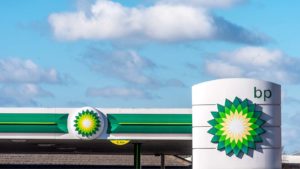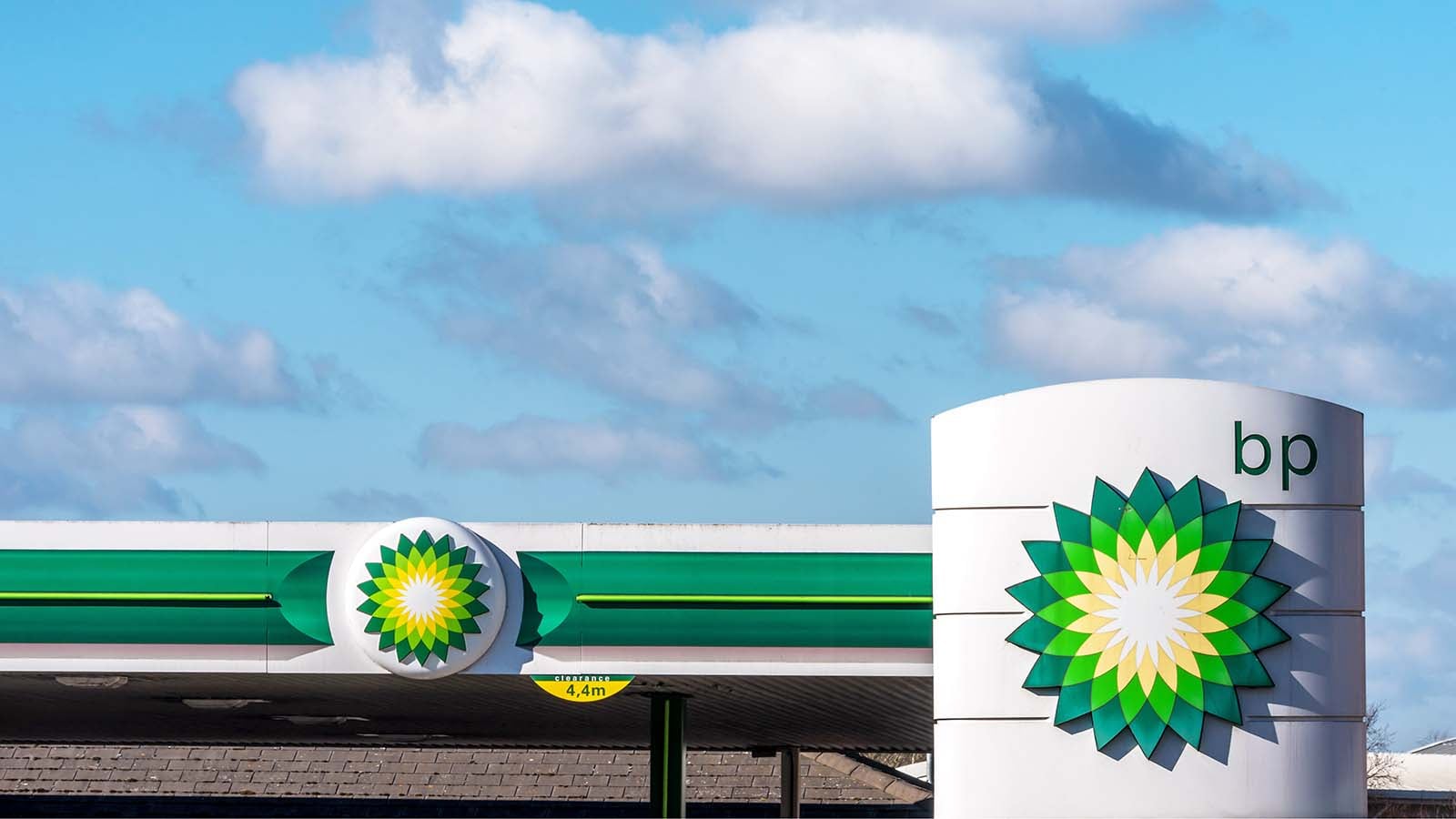It’s not every day that you hear about a giant petroleum company making a huge bet against oil, yet that’s precisely what integrated energy major BP (NYSE:BP) is doing. It’s a wager that might or might not pan out in a decade or two, but for the time being it’s best to avoid BP stock altogether.

You also don’t hear about famous mega-cap companies cutting their dividend yields in half very often. Granted, these are unusual times which call for extraordinary measures. The onset of the novel coronavirus has indeed forced some companies to reduce their dividend payouts.
When a stock has been in a state of decline for years, investors need strong motivation to take a chance and buy it. But between the share price depreciation and the massive dividend cut, it’s getting harder in 2020 to find any reason to own BP stock at all.
BP Stock at a Glance
Since it peaked in October of 2007, BP stock has printed several lower highs. The stock has been declining for years, and every spike in the share price has led to a major capitulation.
Because BP stock has been falling for so long, the bulls can’t just blame the coronavirus pandemic. It’s been a rough journey for owners of BP shares, which recently tumbled to their lowest price in a quarter-century.
For anyone who bought BP stock at $73 back in 2007, I won’t blame them for giving up any hope of recovering their losses. This stock has trailing 12-month earnings per share of -$6.50. And that’s on a stock that’s trading near the $17 level.
Those aren’t good numbers at all. Calling BP stock “cheap” wouldn’t really be accurate, even after the share price has crashed. It’s entirely possible that BP shares could just keep going lower, proving once again that it’s nothing but a value trap.
No Longer a Yield King
Since BP stock shares have declined so much over the years, the company’s dividend distributions have been a consolation prize for long-term investors.
But now that consolation prize is going to be much smaller. Specifically, BP just reduced its quarterly dividend payout by 50%. And you can’t just say that petroleum companies are all doing the same thing. Two other well-known oil companies managed to maintain their dividends even while the petroleum price came under pressure.
If you think that the worst is over, think again. At the end of the second quarter, BP had a whopping $40.9 billion of debt outstanding. So, don’t be too surprised if BP cuts its dividends again at some point in order to shore up capital. They did it before, so they might just do it again.
A Risky Move
It’s amazing to consider the possibility that a legacy oil giant could, in effect, turn its back on oil. However, that’s exactly what’s happening as over the next 10 years, BP intends to reduce its oil production by 40%.
The share price has fallen since the company announced its move away from oil. Thus, the idea of BP pivoting toward non-oil investments evidently didn’t please the investing community.
And I don’t blame investors for dumping their BP stock, as it’s going to be expensive for the company to invest $5 billion per year in renewables.
Because it’s such a costly strategy, it’s a risky move for BP. Plus, it’s possible that BP is doing this not because it wants to, but only as a reaction to external pressures. Investors might remain skeptical if they feel that the company is abandoning its long-standing petroleum business in order to placate the green energy movement.
The Takeaway
Investors of BP stock haven’t had an easy time holding their shares. But until this year, they at least benefited from generous dividend payouts. That’s changing now as the dividend has been drastically reduced. At the same time, the company plans to spend billions of dollars on non-oil investments.
This is a new BP, but it’s not necessarily a better one. Investors should just avoid the stock as it’s too risky at the moment.
On the date of publication, neither Louis Navellier nor the InvestorPlace Research Staff member primarily responsible for this article held (either directly or indirectly) any positions in the securities mentioned in this article.
Louis Navellier had an unconventional start, as a grad student who accidentally built a market-beating stock system — with returns rivaling even Warren Buffett. In his latest feat, Louis discovered the “Master Key” to profiting from the biggest tech revolution of this (or any) generation. Louis Navellier may hold some of the aforementioned securities in one or more of his newsletters.
